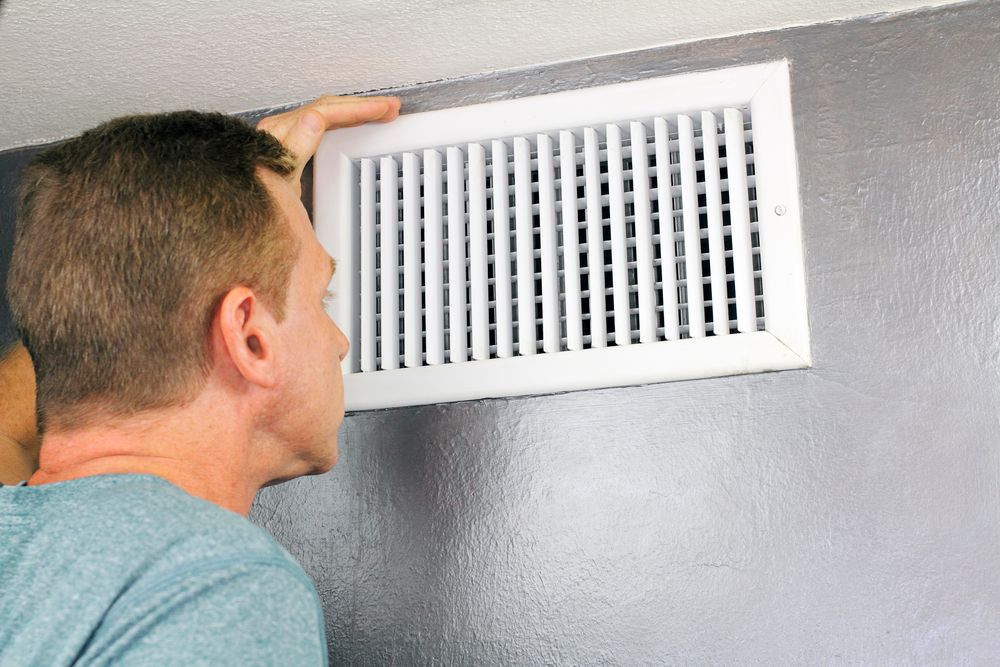Serving The Wasatch Front Area

Upgrading Your Heating System: What Components Should You Change First?
November 11, 2023
Winter is coming, and that means you’ll soon have to rely on your heating system to keep you comfortable. But as your heating system ages, its components may start to wear out or become less efficient. This can lead to higher energy bills and a colder home environment.
To prevent this from happening, you need to upgrade your heating system when necessary. You don’t necessarily have to replace the entire system. In fact, sometimes upgrading just a few key components can make a major difference.
So, what exactly do you need to change? Read on to learn more.
The Furnace or Boiler
The furnace or boiler is the heart of your heating system. It’s responsible for producing the heat that keeps your home warm. As such, its efficiency directly impacts the performance of the entire system.
An aging furnace or boiler can have issues such as inadequate heating, a higher rate of breakdowns, and increased energy usage. For example, inefficient heating could mean your furnace or boiler is unable to keep up with the demands of your home, resulting in a colder environment. This could result from a malfunctioning pilot light, dirty air filters, or clogged vents.
The pilot light’s job is to ignite the burners, and if it’s not working properly, your furnace or boiler will have difficulty producing heat. Dirty air filters and clogged vents can also restrict airflow, making it harder for your system to circulate warm air throughout your home. As a result, your system will have to work harder and use more energy to keep your home at a comfortable temperature.
Frequent breakdowns could indicate that your furnace or boiler is nearing the end of its lifespan. Outdated models are often less efficient than their modern counterparts, which use less energy and are also better for the environment.
They’re equipped with advanced technology like variable-speed motors, modulating gas valves, and electronic ignition to improve their performance. You can also look for models with high Annual Fuel Utilization Efficiency (AFUE) ratings, as these will save you money on your energy bills in the long run.
The Thermostat
The thermostat is an equally crucial component in your heating system. It serves as the control hub, dictating when and how much heat your furnace or boiler should generate. This happens through a series of sensors that detect the temperature in your home and communicate with your heating system accordingly.
However, thermostats can become less accurate with continuous use, leading to inefficient temperature regulation and increased energy usage. If the thermostat is in a drafty area of your home, it could register a lower temperature than what you actually need.
As a result, your heating system will keep running even when the rest of your house reaches the desired temperature. Also, if your thermostat’s calibration is off, it will inaccurately read the temperature and create the same problem.
Upgrading to a smart or programmable thermostat can solve such issues. These thermostats are designed to learn your daily routine and adjust temperature settings according to your preferences.
You can also control them remotely through a smartphone app, which allows you to make changes even when you’re away from home. This not only improves the efficiency of your heating system but also gives you more control over your energy usage.
These two components have the biggest impact on your heating system’s performance. So, if you’re on a budget, upgrading your furnace or boiler and thermostat is a good place to start. With our help at Comfort Solutions, we can assess your heating system and recommend the best upgrade options for your home. Don’t wait until winter arrives to upgrade—start planning now and enjoy a warm and cost-effective home all season long.
Recent News
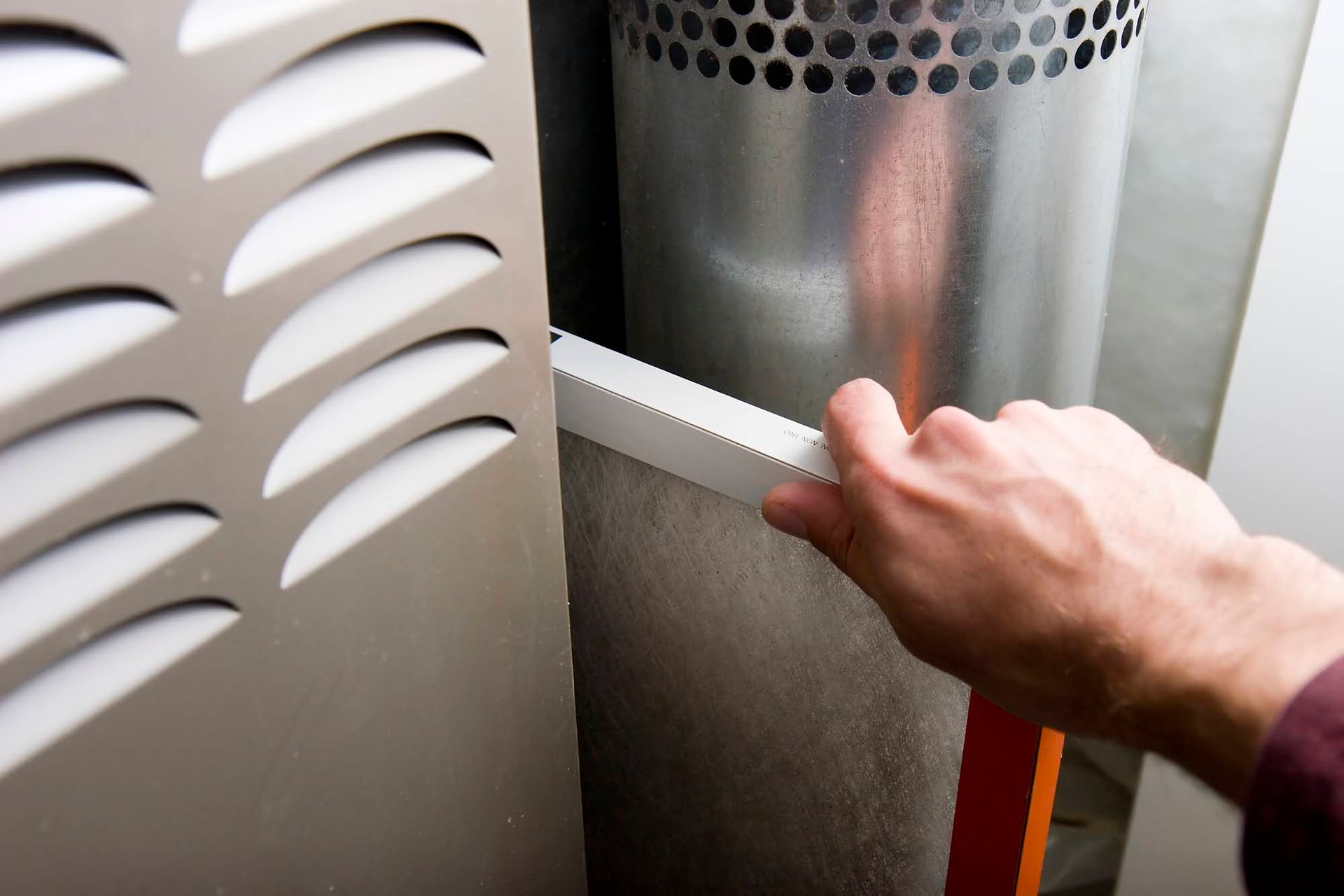
Common Reasons Your Furnace Isn’t Warming Your House
December 18, 2023
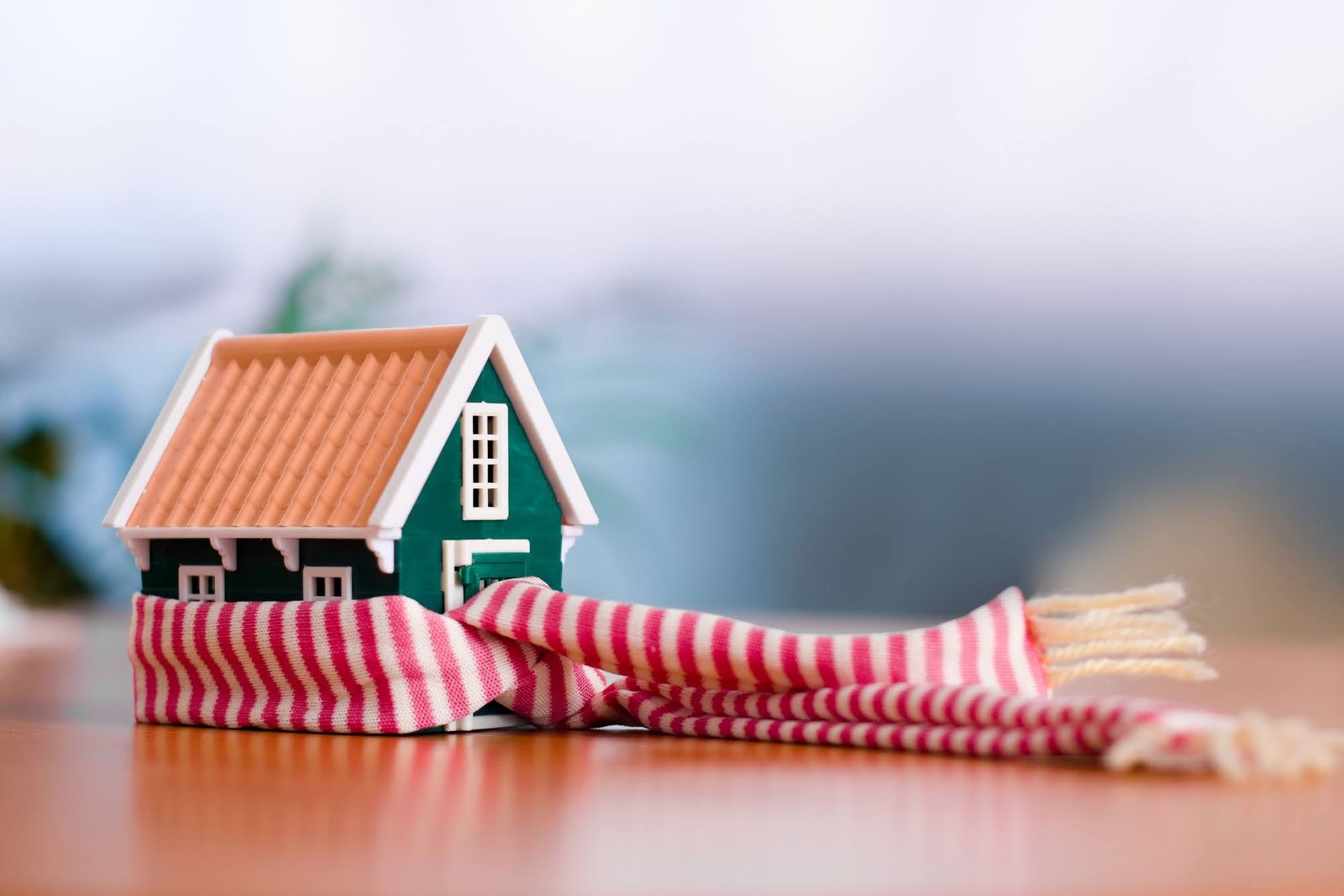
Zoned Heating: Customized Comfort for Your Utah Home
October 3, 2023

6 Reasons Why Expectant Couples Should Upgrade Their AC
September 1, 2023
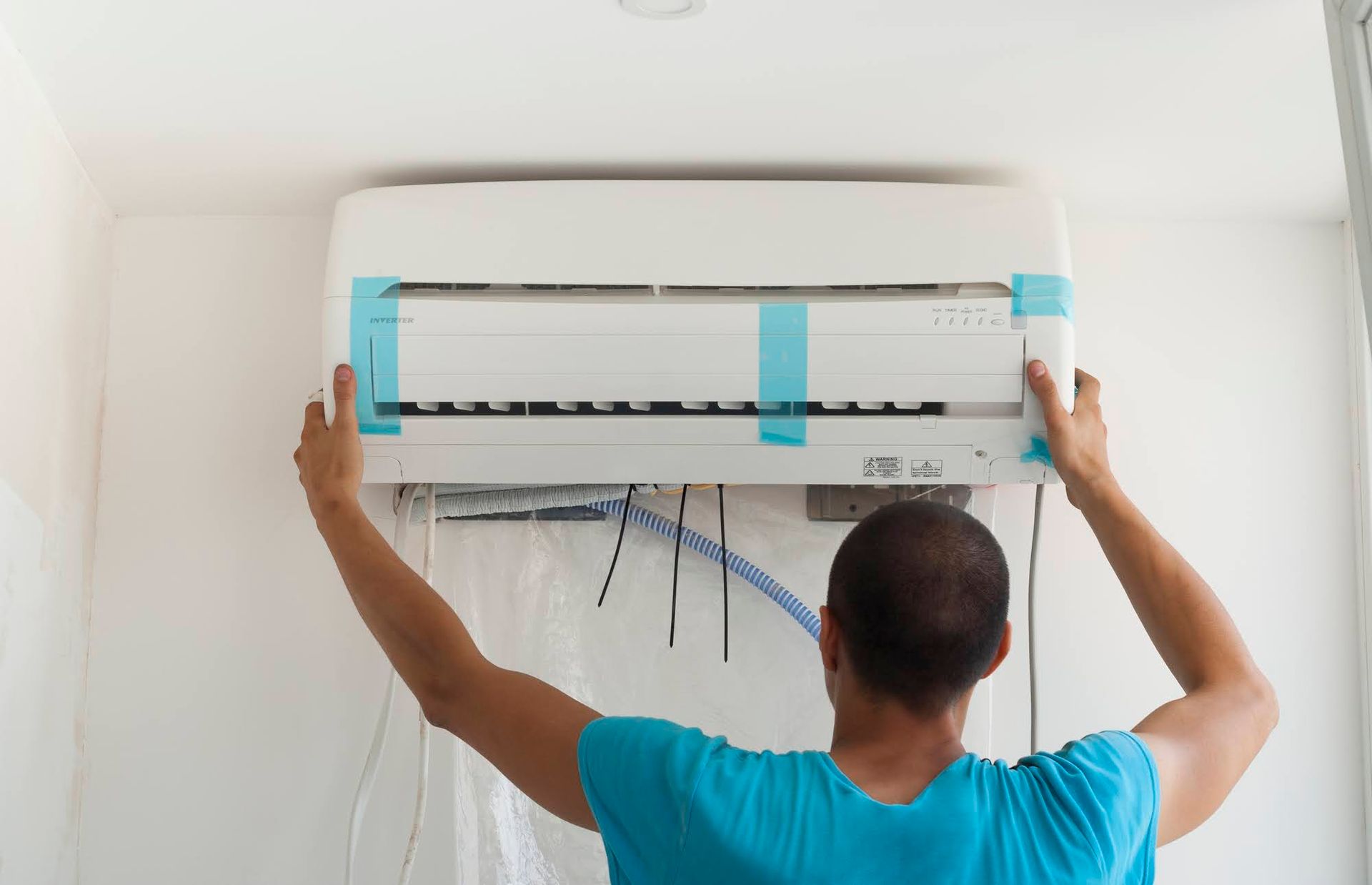
Mold and Air Conditioning: Questions and Answers
August 9, 2023

4 Components You Need To Make Your HVAC System Smart
June 6, 2023
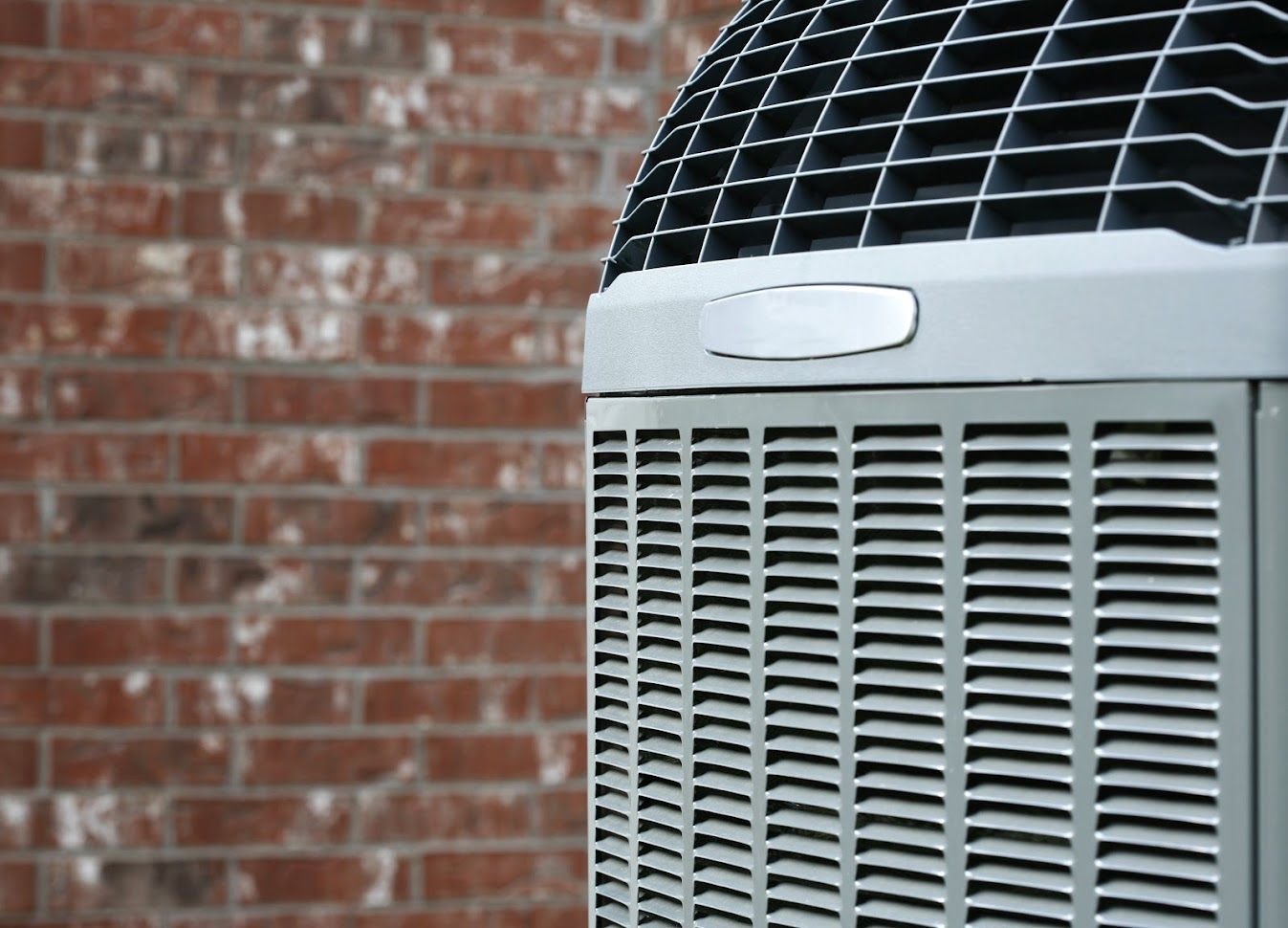
Factors Affecting the Longevity of Your HVAC System
May 3, 2023
